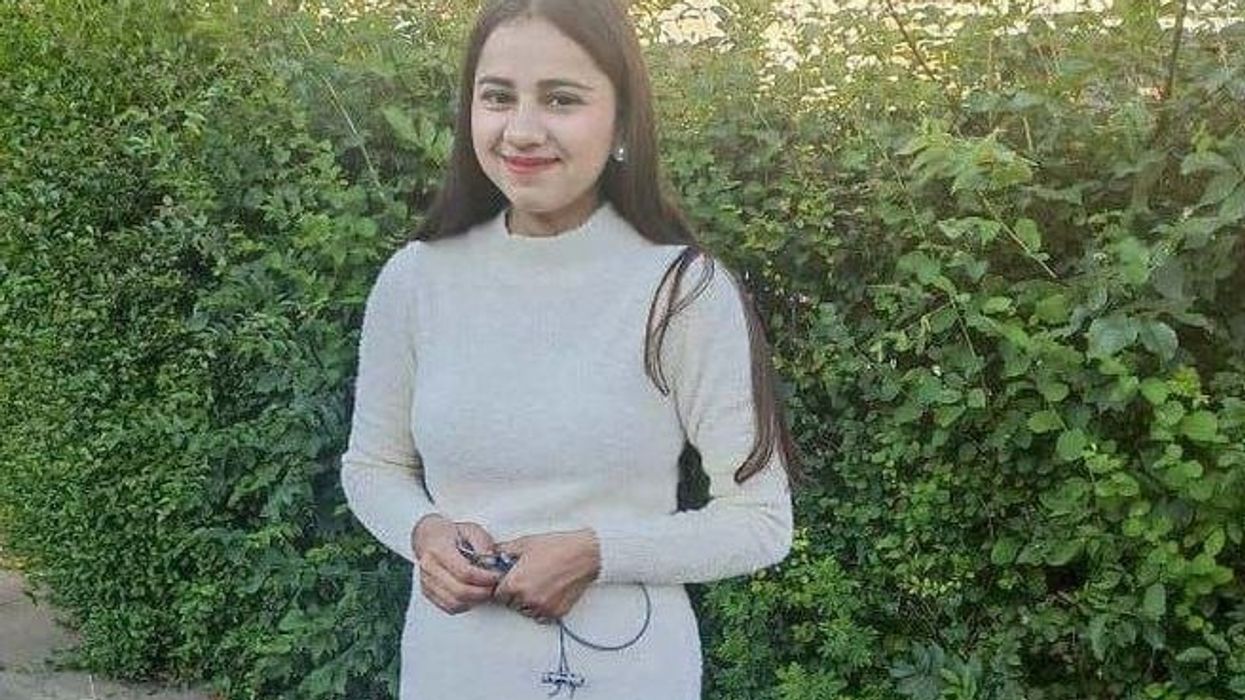THE bereavement rates due to Covid in Scotland have been highest among those identifying with ‘Any other’ ethnic group (68 per cent), followed by Indians (44 per cent) and Pakistanis (38 per cent), a new study revealed. This is significantly higher than the national average of around 25 per cent.
Ethnic groups were found to be two-and-a-half times more likely to have experienced the loss of a close family member during the Covid crisis.
The report titled "Racism, Belonging and Covid's Legacy of Ethnic Inequalities in Scotland," published on Tuesday (10), noted that the impact of Covid has exacerbated these disparities, deepening ethnic inequalities across the region.
Jewish, Chinese, and Bangladeshi communities in Scotland reported lower levels of bereavement compared to their counterparts in England and Wales, the report added.
Several factors contribute to these disparities, including the differential impact of Covid-19, variations in family structures and social networks, underlying health differences, varying levels of poverty and deprivation, and access to care and support services, the report by researchers from the University of St Andrews noted.
The findings assume significance as Scotland's population is becoming increasingly diverse, with 13 per cent identifying as an ethnic minority other than white Scottish or white British.
The report from the Evidence for Equality National Survey (EVENS) highlighted the challenges and experiences of these ethnic minorities in Scotland, focusing on areas like Covid bereavement, racism, ethnic and national belonging, and political trust.
According to the report, one in four ethnic minorities reported facing recent racist insults, and 1 in 6 experienced unfair treatment at work or in education, with 1 in 10 encountering similar issues in housing or from the police. There have been physical attacks linked to racism, affecting 10 per cent of ethnic minorities.
"Black and Chinese communities report particularly high levels of racist insults and unfair treatment by the police. The experience of racism is generally comparable across ethnic groups in Scotland and England and Wales, with some evidence suggesting higher levels for Chinese, black Caribbean, and black Other groups in Scotland," the report, authored by Prof Nissa Finney from the School of Geography and Sustainable Development, said.
Over a third of ethnic minorities worry about racial harassment, with the concern particularly pronounced among Black, Pakistani, Indian, and Jewish communities.
Trust in the Scottish parliament remains high across ethnic groups, significantly more so than trust in the UK parliament.
Over the past five years, about a quarter of ethnic minorities in Scotland experienced racist insults or other forms of racism in public spaces. Overall, 38 per cent of ethnic minorities in Scotland are concerned about racial harassment.
This report, which addresses these issues, is a collaboration between researchers from the Centre on the Dynamics of Ethnicity (CoDE) at the University of St Andrews, the University of Manchester, and the Ethnic Minority Voluntary Sector umbrella body BEMIS.
The highest levels of concern are reported by Other black (78 per cent), Pakistani (66 per cent), Other Asian (61 per cent), white and black African (58 per cent), Indian (55 per cent), black Caribbean (52 per cent), and black African (50 per cent) ethnic groups, as well as Jewish groups (48 per cent). In Scotland, levels of worry about racial harassment are generally higher compared to those in England and Wales for many of these groups.
Religion plays a significant role in identity, with high proportions expressing its importance. For instance, black Caribbean and Mixed white and black Caribbean groups show 99 per cent importance, followed by White Irish (97 per cent) and Pakistani (95 per cent) groups.
Over three-quarters of black African, Arab, and Bangladeshi respondents see religion as crucial to their sense of self, and over two-thirds of Jewish and Chinese respondents share this view.





